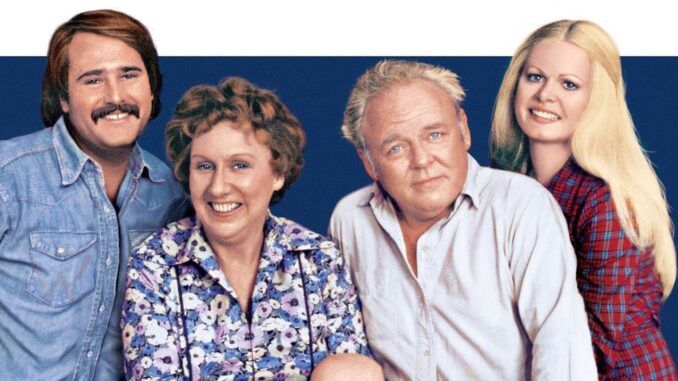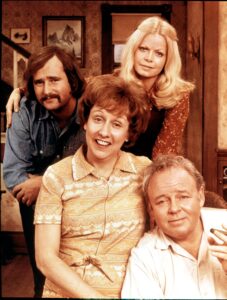
Carroll O’Connor’s final play was killed by bad journalism
One of the great tragedies in show business is the way Carroll O’Connor was tied to Archie Bunker, the character he played on All in the Family. Because of that show’s success, O’Connor is rarely remembered as the master thespian he was. Instead, to millions, he was just… Archie. It would be more accurate, and more to O’Connor’s liking, to remember him as a craftsman, forever devoted to the pursuit of theatrical arts. He wasn’t just a gifted actor; O’Connor was one of the great writers of his day, regularly contributing incredible work across the stage and screen.
O’Connor named his autobiography I Think I’m Outta Here. It was a title saturated in meaning. O’Connor was 73 when he wrote the book, so there were some obvious, morbid implications, of course. But really, he intended to use the title as a curtain call.

“I made up my mind about the meaning of the title of this memoir. What it meant when I first thought of it was nothing in particular[…] I would cull out a meaning in due course. And now I had it. It meant out of the theater,” he wrote.
While O’Connor would survive a few more years, his memoir marked the death knell of his life onstage.
“My play, entitled A Certain Labor Day, had opened in San Francisco a week before. And the man the San Francisco Chronicle pays to kill plays killed it. He hated it. Hated the sets, the direction, the acting, the plot, in brief… The very thought of it.””The plot, I should explain, was not what he was told it was going to be. In the arts section of his own paper, in a cover article, with a front-page, full-page photo of me, he had read a week before opening that the play was autobiographical, with an emphasis on my son’s drug problem.”

O’Connor’s son died by suicide two years prior after a long struggle with drug addiction.
“The play, about an old New York labor union official, had nothing to do with me or my son. The reviewer was unable to recover from his confusion. He wrote that the play was not what it was supposed to be, and panned it.”
The production never recovered from the bad reviews and closed early.